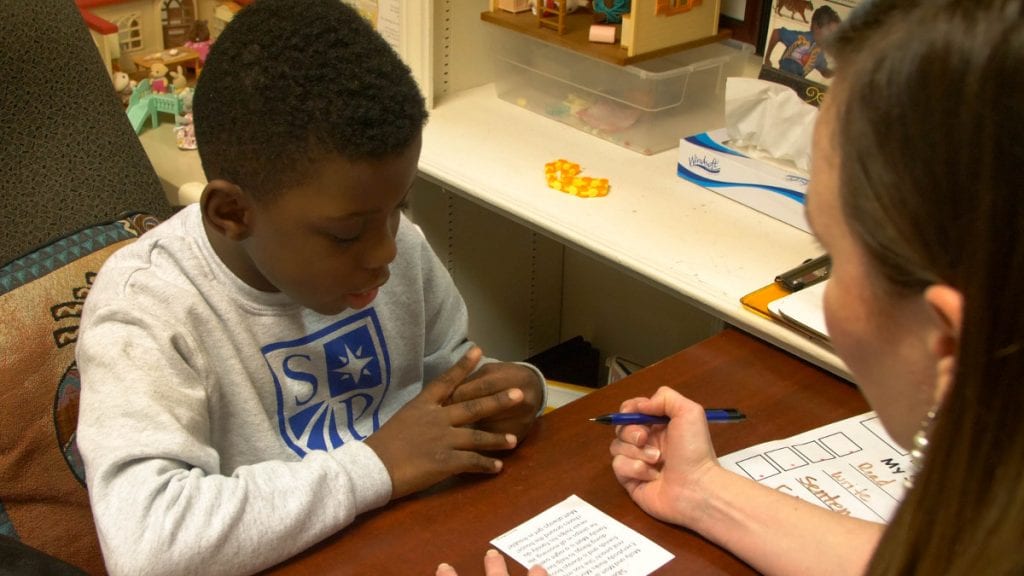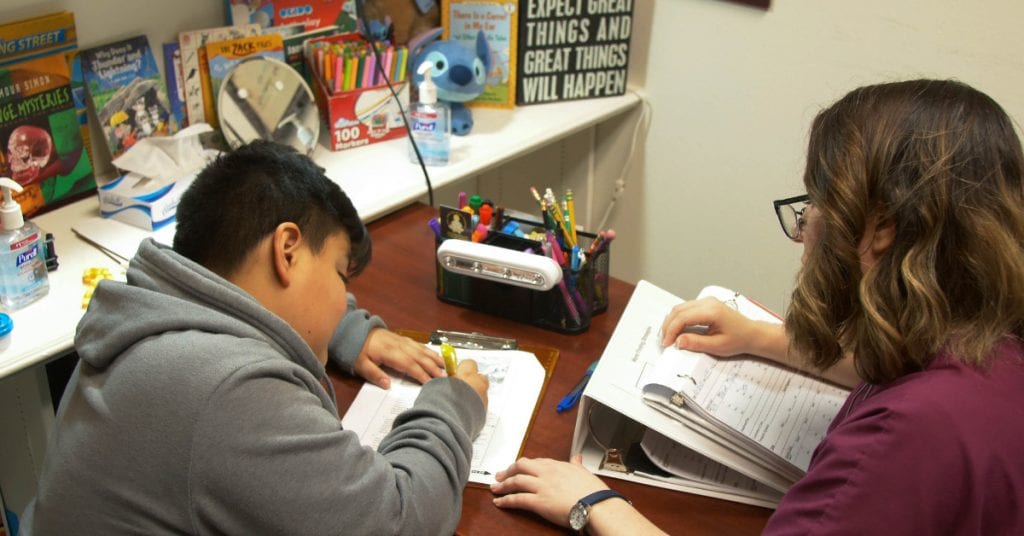What is dyslexia? According to the International Dyslexia Association, dyslexia is a specific learning disability that is neurobiological in origin, characterized by difficulties with accurate and/or fluent word recognition with poor spelling and decoding abilities. What does this mean? Let’s find out…
Breaking it down:
Those with dyslexia process language differently in the brain. They will show strong signs of difficulty within the phonological aspect of language; in other words, being aware of the sound structures of language. Does this mean there is something “wrong” with the dyslexic brain? Absolutely not! It simply means there is a difference in the way they process information. The other side to this, is that it also allows them the ability to excel in areas that others do not because of the way their brain operates. How beautiful! Because of these struggles, reading comprehension can often be affected as well. This is because they are giving so much of their mental energy to simply “processing”, and in turn, taxes the other parts of their reading development.

Debunking the myths:
It is important to be aware of the many myths surrounding this learning disability. First and foremost, is it is not related to IQ at all. A common misunderstanding is that the individual sees things backwards. Dyslexia is not a visual problem, but rather a phonological one in which the way information is processed. Another misconception is the idea that Speech-Language Pathologists cannot diagnose dyslexia; but indeed they can! Our office is trained to do it!! The earlier a child receives a diagnosis and begins a treatment plan, the more opportunity they have for success. It is crucial to watch for early warning signs in a child’s development and to begin taking action if needed.
Early warning signs of dyslexia:
- Delayed speech and language skills
- Difficulty learning shapes, colors, numbers, days of the week, or letters
- Difficulty pronouncing words
- Difficulty learning new vocabulary
- Rhyming and identifying sounds is difficult
- Difficulty knowing right from left
- Struggles with sight word recognition
- Poor spelling
- Difficulty memorizing number facts
- Frustration with school and homework
- Difficulty understanding what is read
- Putting ideas in writing is difficult
Getting the right treatment plan for dyslexia as early as possible is essential in developing a positive outlook and skillset for your young one! Give us a call today for a free screening to get your child set up for success!!


